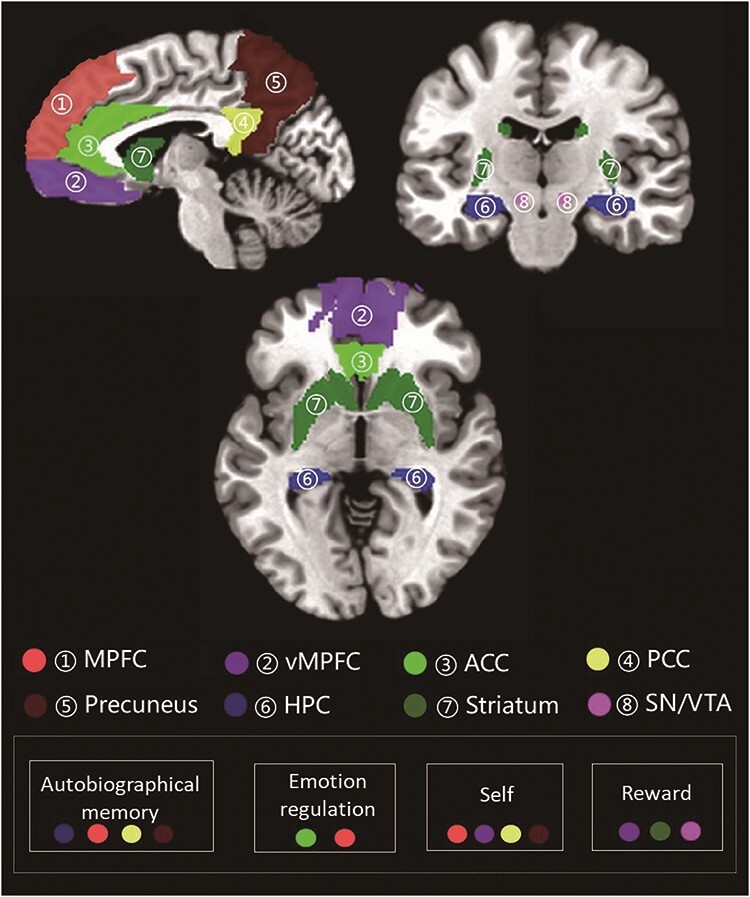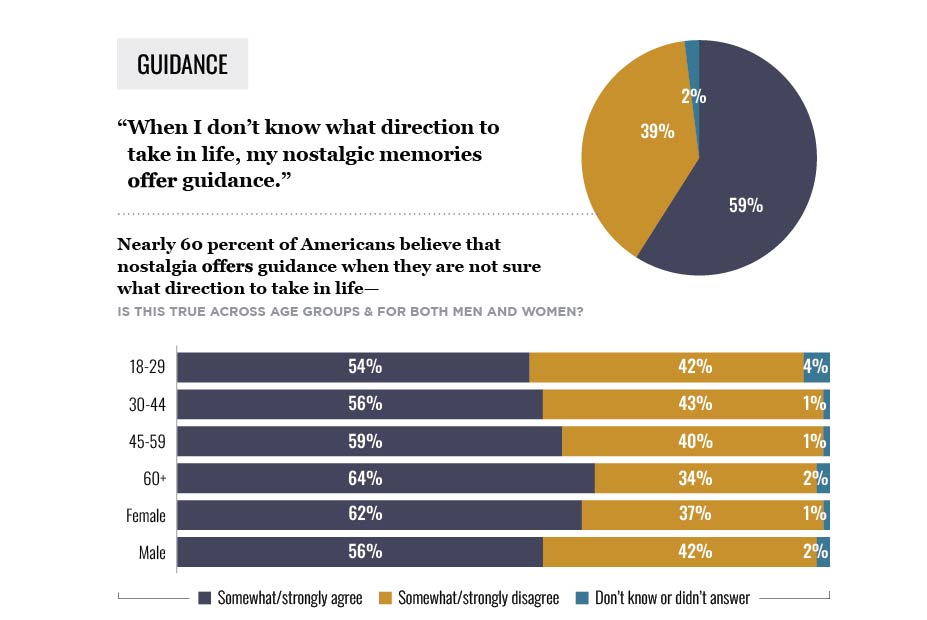Introduction
You play an old song, and boom—you’re instantly 15 again. But why? Nostalgia isn’t just dreamy—it’s wired in your brain. It bridges past feelings and present identity.
Neuroimaging shows it activates brain areas tied to autobiographical memory, emotion regulation, self‑reflection, and reward processing—they light up like a festive neuron party .
Read More- Y2K Revival
What is It?
Contrary to the 17th‑century view of it as disease, today it’s seen as adaptive—a mental tool to maintain self‑continuity. It helps us integrate past experiences into our evolving identity, creating life meaning .
A 2024 model from emotional cognitive science maps it’s triggers, mental sequence, and psychological effects: it responds to belonging needs, helps craft symbolic bonds, and restores value systems during identity disruption .
The Brain’s Nostalgia Circuit
Studies reveal:

-
Activation in medial prefrontal cortex (self-reflection), hippocampus (autobiographical memory), anterior cingulate/gyrus (emotion), and reward centers like the ventral striatum—all light up during nostalgic recall .
-
Memory distortions are part of the process: the brain often adapts memories—enhancing positives, downplaying negatives—to produce a blissful “nostalgia narrative” .
-
These distortions can be adaptive: they help simulate future scenarios, shape meaning, and boost emotional resilience .
Why We Crave Nostalgia
-
Strengthens self‑continuity—connecting past, present, future self.
-
Reduces stress: it lowers cortisol; regular positive reminiscing helps overall mental health, even among those with early trauma .
-
Enhances life meaning: people who nostalgize regularly report stronger purpose and belonging .
Everyday Nostalgia
- Marketers weaponize it: retro ads evoke memory + reward system activation, building brand loyalty .
- Media trends: hip TV revivals, vintage filters, old songs—all tapping into the brain’s craving.

How to Nostalgize Smartly
Some of the ways include-
1. Choose specific positive memories
Research shows that recalling a specific positive event (not vague fondness) makes it especially beneficial—reducing stress and improving mood, especially for trauma survivors .
2. Use it purposefully
Schedule a “nostalgia time”: listen to old playlists, review childhood photos—like a brief emotional reboot.
3. Combine with social connection
Sharing nostalgic stories with friends or family amplifies connection, belonging, and well-being.
4. Balance with present engagement
Don’t get stuck; it works best when paired with present action and future plans.
What the Future Holds
Emerging research is mapping how it may help mental health therapies, especially for those struggling with identity disruption or depression. A growing body of evidence suggests:

-
It could guard against depression/anxiety by reinforcing personal narrative .
-
Memory-distortion itself may be adaptive—helping reframe painful memories into resilience-building stories .
Nostalgia Isn’t Weakness, it’s Wisdom
It is not mere sentimentality—it’s an evolutionarily beneficial mechanism. It lets us “time‑travel” to our past, find meaning, and strengthen who we are today. The next time Halloween costume it strikes—or a retro video game makes your heart swell—remember: it’s your brain weaving identity, emotion, and resilience.
References
Sedikides, C., Wildschut, T., & others. (2015). The nostalgia model: Psychological mechanisms and effects. Personality and Social Psychology Review.
Wildschut, T., Sedikides, C., Arndt, J., & Routledge, C. (2006). Nostalgia: Content, triggers, functions. Journal of Personality and Social Psychology, 91(5), 975–993. https://doi.org/10.1037/0022‑3514.91.5.975
Memory and reward systems coproduce ‘nostalgic’ experiences in special populations: neuroimaging review. (2023). Frontiers in Psychology. PMC9714426.
Batcho, K. I. (1998). Personal nostalgia inventory: Development and review.
Subscribe to PsychUniverse
Get the latest updates and insights.
Join 3,045 other subscribers!
Niwlikar, B. A. (2025, July 17). What is Nostalgia and 5 Important Ways to Nostalgize Smartly. PsychUniverse. https://psychuniverse.com/nostalgia/



